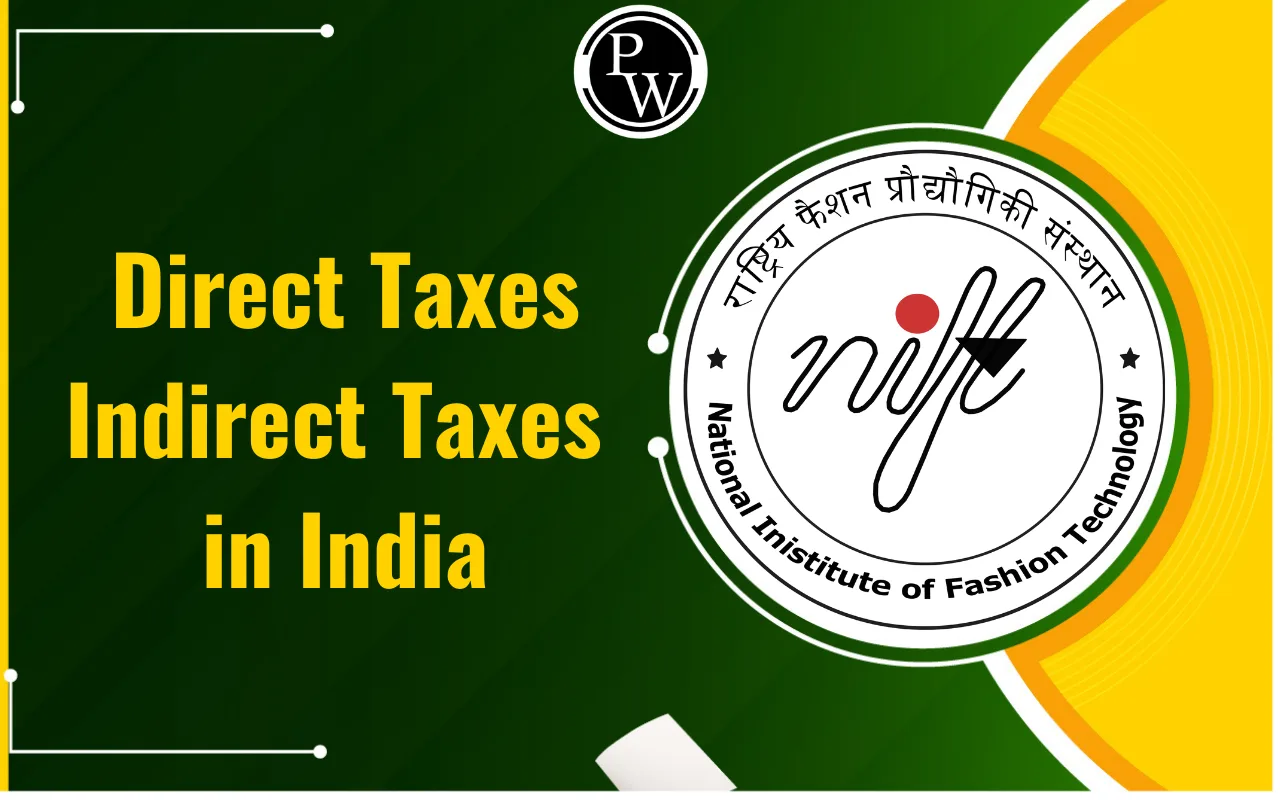
Financial Writer is a professional who bridges the gap between complex financial concepts and a broad audience. This role combines a passion for finance with strong writing skills, making it ideal for those who enjoy both creativity and analytical thinking. Financial writers produce articles, blogs, reports, and guides on topics like investments, personal finance, banking, and fintech. To succeed, one needs strong research, communication, and analytical skills. Understanding the industry and staying updated on market trends is crucial. Learn how to become a financial writer, the essential skills required, and the steps to enter this rewarding field.
Who Is a Financial Writer?
A financial writer is a professional who simplifies complex financial concepts into clear and engaging content. They cover topics such as investments, banking, personal finance, and fintech, producing blogs, articles, reports, and guides. Their main role is to educate and inform audiences about financial markets, trends, and strategies. By combining writing expertise with financial knowledge, they help readers make better financial decisions and stay updated with industry developments.
What Does a Financial Writer Do?
A financial writer is responsible for creating engaging and informative content related to finance. This includes topics such as fintech, personal finance, investments, and economic trends. Their work can range from producing articles and blogs to white papers, social media content, and even executive communications. Here are some key responsibilities:
-
Simplifying complex financial concepts for a broad audience.
-
Writing educational content about financial markets and products.
-
Crafting marketing materials and thought leadership pieces.
-
Conducting thorough research to ensure accuracy and relevancy.
-
Incorporating SEO best practices to enhance content visibility.
Read More - How to Set Financial Goals for a Secure Future
How to Become a Finance Writer?
Becoming a financial writer requires a combination of education, skills, and practical experience. The following is a step-by-step guide:
1. Develop Relevant Skills
To excel as a financial writer, you need:
-
Strong Writing Skills: Clear, concise, and engaging writing is a must.
-
Financial Knowledge: Understand financial concepts like budgeting, investments, and economic policies.
-
SEO Expertise: Learn to optimize content for search engines to increase its reach.
-
Research Abilities: Stay updated on the latest financial trends and data.
2. Educational Background
While there isn’t a specific degree for financial writing, a bachelor’s degree in one of the following can be advantageous:
-
Journalism or Mass Communication
-
Finance or Economics
-
Business Administration
These fields provide a strong foundation in both writing and financial understanding.
3. Gain Experience
Start by writing finance-related content for blogs, websites, or financial magazines. Freelance opportunities and internships are excellent ways to build your portfolio. Aim to cover diverse topics such as fintech, real estate, and wealth management to showcase versatility.
4. Build a Portfolio
Create a portfolio that highlights your best financial writing work. Include various formats like articles, white papers, and blog posts. A well-organized portfolio can significantly improve your chances of landing financial writer jobs.
5. Use Networking and Platforms
Join professional networks like LinkedIn to connect with potential clients and industry experts. Participate in finance-related forums and communities to expand your reach and learn from others.
Read More - Financial Economics: Definition, Methods, and Importance
Financial Writer Jobs
The demand for financial writers is growing rapidly, thanks to the increasing importance of financial literacy and digital content. Here are some areas where financial writers can find opportunities:
-
Financial news platforms
-
Investment firms
-
Marketing agencies specializing in finance
-
Fintech companies
-
Freelance marketplaces
Financial Writer Salary
The salary of a financial writer varies based on experience, location, and the type of employer. According to Glassdoor, financial writers in the US earn between $57,000 to $91,000 annually. Freelancers may earn more depending on their expertise and project scope.
|
Financial Writer Salary |
||
|---|---|---|
|
Experience Level |
Average Annual Salary (US) |
Notes |
|
Entry-Level (0–2 yrs) |
$45,000 – $60,000 |
Usually employed in publishing firms, startups, or financial blogs. |
|
Mid-Level (3–6 yrs) |
$60,000 – $80,000 |
Work with established firms, investment companies, or news outlets. |
|
Senior (7+ yrs) |
$80,000 – $100,000+ |
Often in top financial media, banks, or consulting firms. |
|
Freelance Writers |
$30 – $150+ per hour |
Earnings vary by niche expertise, reputation, and project complexity. |
Skills Required to Excel as a Financial Writer
To thrive as a financial writer, you need a blend of hard and soft skills:
-
Proficiency in financial topics and terminologies.
-
Excellent communication and storytelling skills.
-
Familiarity with SEO and content strategy.
-
Strong research and analytical abilities.
-
Time management and adaptability.
Challenges of Being a Financial Writer
While rewarding, financial writing comes with its own set of challenges:
-
Keeping up with ever-changing financial trends.
-
Simplifying technical jargon without losing accuracy.
-
Ensuring compliance with regulatory standards.
-
Meeting tight deadlines and client expectations.
Overcoming these challenges requires continuous learning and a proactive approach.
Enhancing Your Career with Financial Modeling
If you’re serious about becoming a financial writer, consider acquiring additional skills through specialized courses. For instance, the PW Financial Modeling Course equips you with advanced financial knowledge that can significantly enhance your content’s quality and depth. This course is ideal for those aiming to provide in-depth analyses and data-driven insights in their writing.
Disclaimer: This is an informational post. PW (PhysicsWallah) does not guarantee job placements or specific career outcomes related to the Financial Writer role or any job roles discussed in this content.
FAQs
What does a financial writer do?
How can I become a financial writer?
What is the salary of a financial writer?
Are there financial writer jobs for beginners?
What skills are needed to become a financial writer?
Is a finance degree necessary to become a financial writer?










